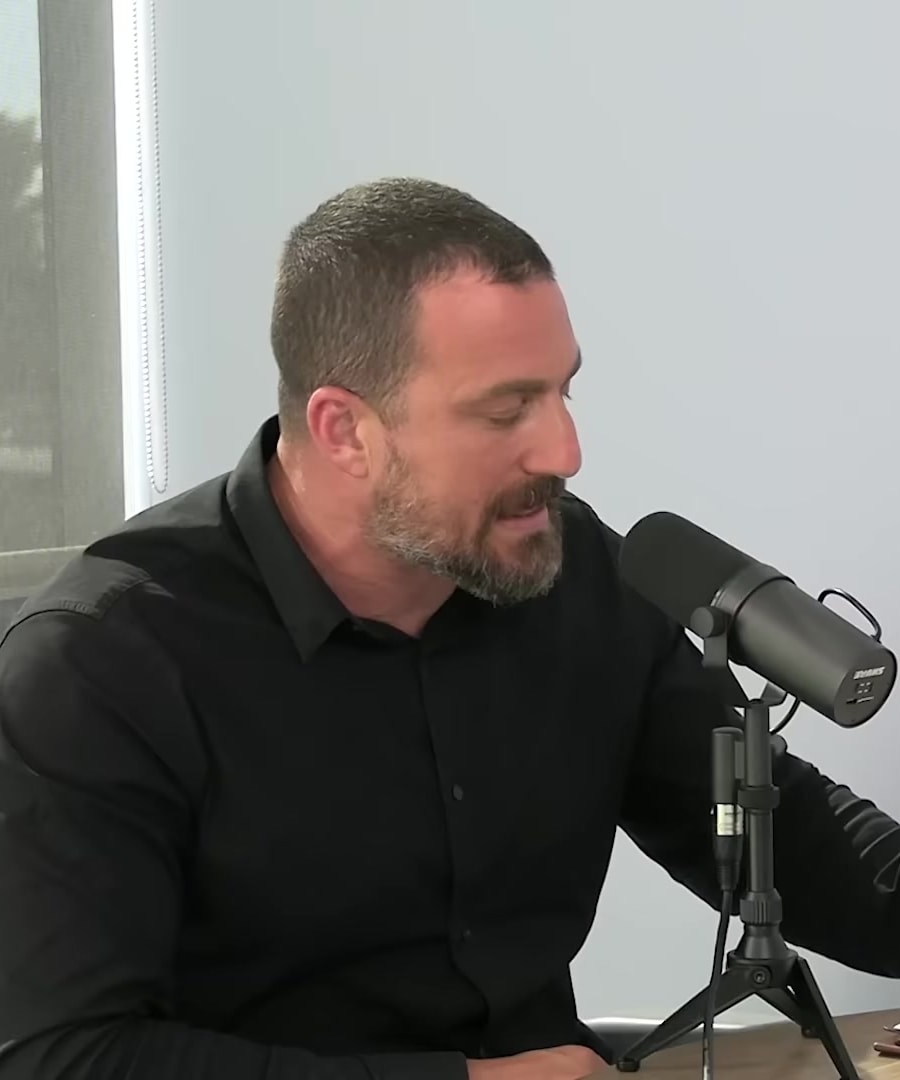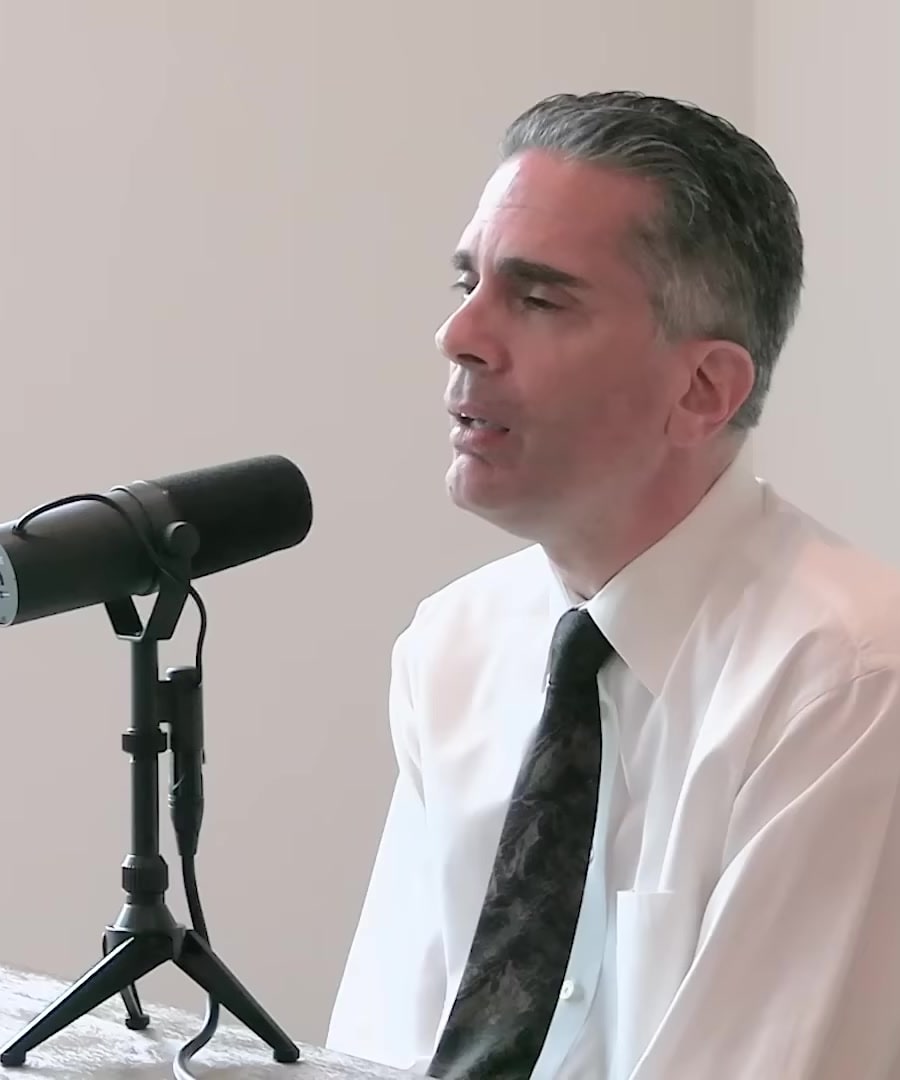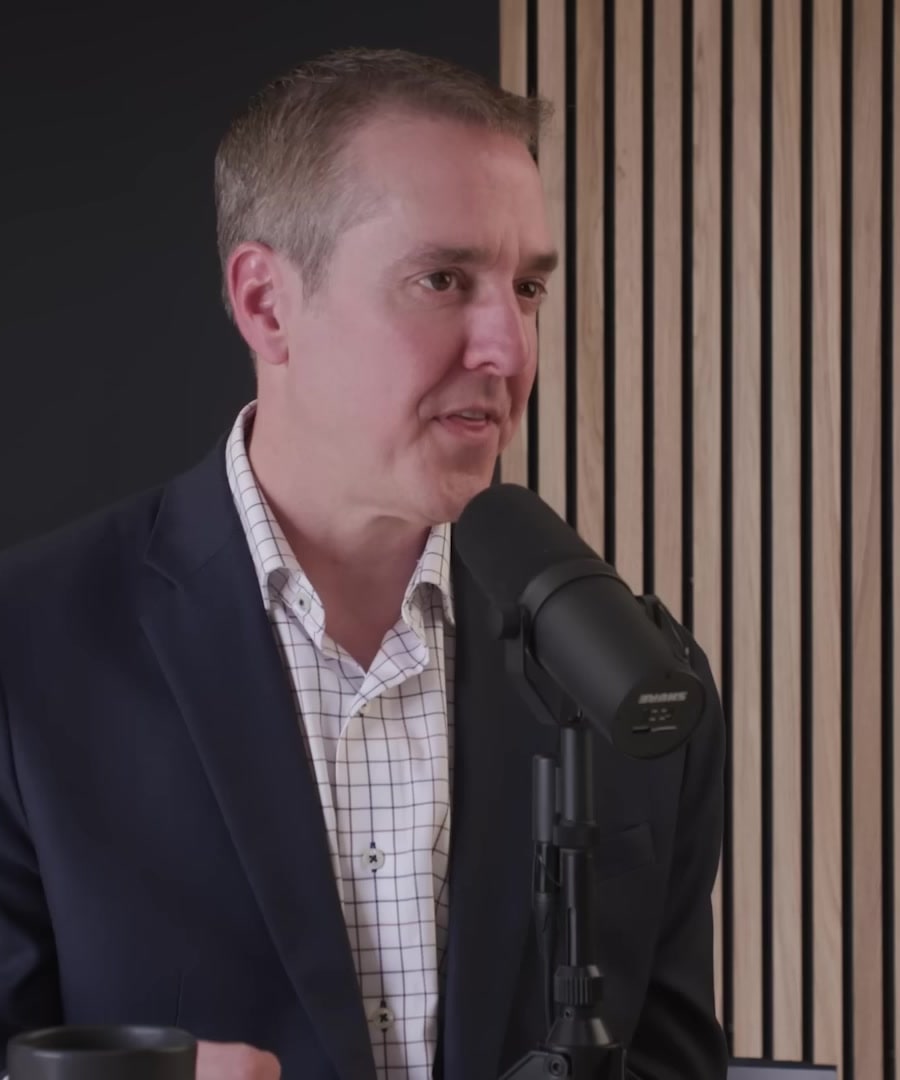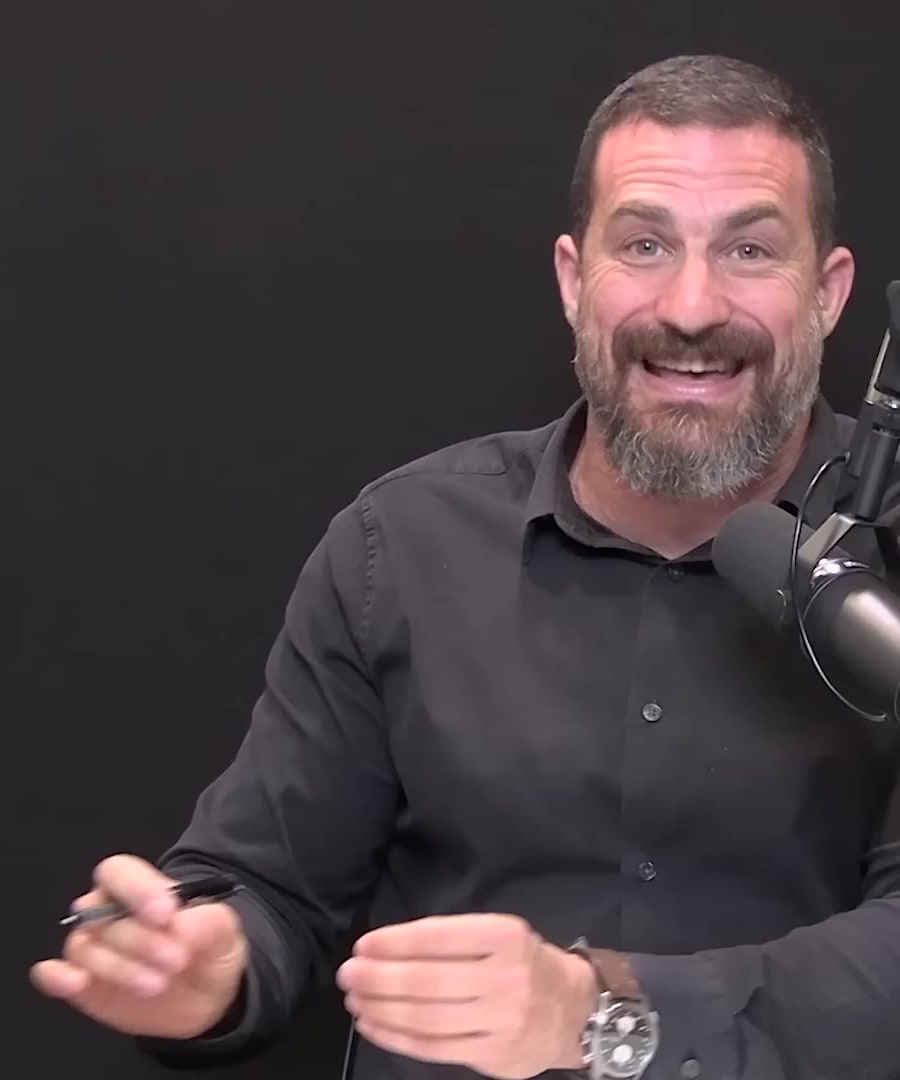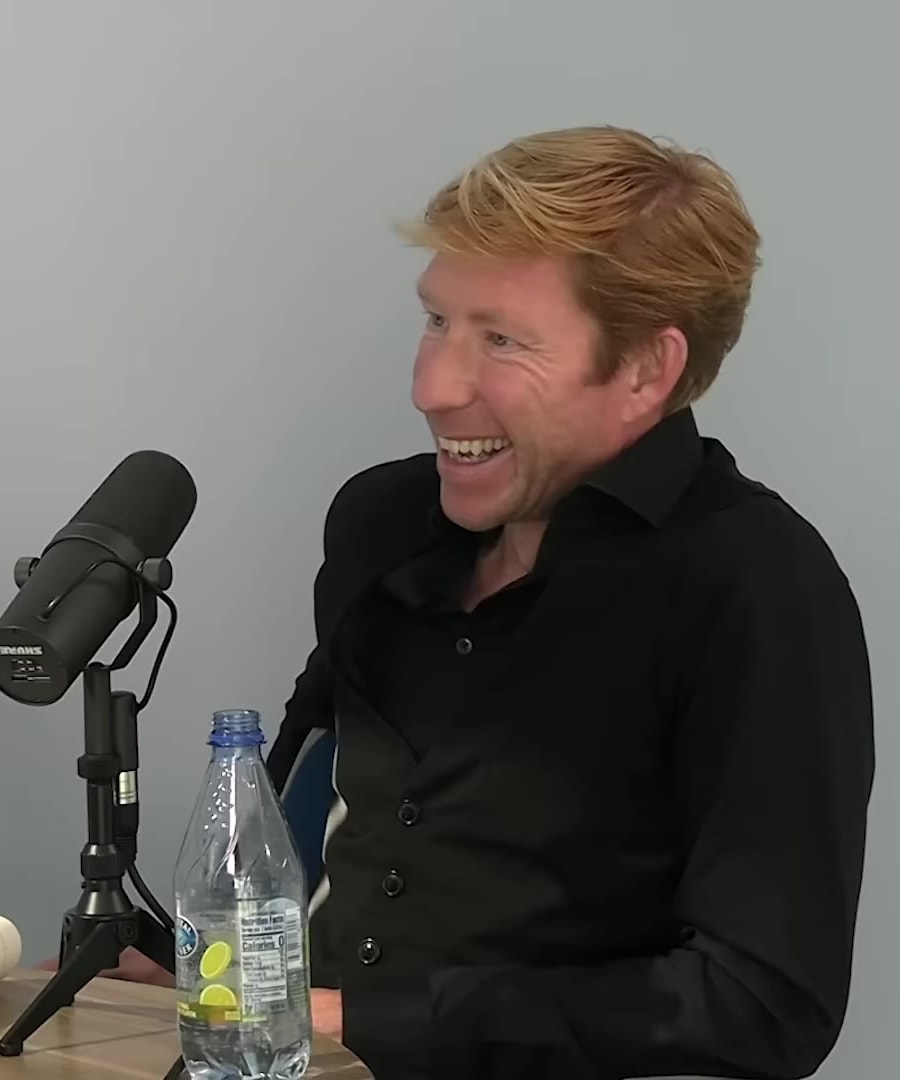How does Marijuana disrupt your sleep?
Sources:
Marijuana, particularly its component THC (tetrahydrocannabinol), disrupts sleep by affecting the architecture of sleep and blocking REM (Rapid Eye Movement) sleep. While THC may speed up the time it takes to fall asleep, the sleep is of lower quality with altered brainwave signatures. People using THC often report not remembering their dreams, but experience intense, bizarre dreams upon stopping usage due to a rebound effect. The brain tries to recover the lost REM sleep but never fully compensates for the deficit. Additionally, long-term use of THC can lead to a dependency where more is needed to achieve the same sleep benefit, and upon cessation, severe rebound insomnia and anxiety can occur 1 2.
Moreover, THC impairs the function of mitochondria in the brain, which could cause premature aging and memory impairment. This suggests that chronic usage of THC could harm overall mental and metabolic health 3. It is also important to note that long-term use of THC can establish a dependency, potentially leading to heightened anxiety and disrupted mood when not ingested 4.
CBD (cannabidiol), on the other hand, does not seem to be detrimental in the same ways as THC. At low doses, CBD may cause wakefulness and at higher doses may induce sedation. However, the purity of CBD supplements is concerning, as it often varies from what is reported on labels 5.
Thank you for your feedback!RELATED QUESTIONS
How does Marijuana disrupt your sleep?
- Thank you for your feedback!RELATED QUESTIONS
